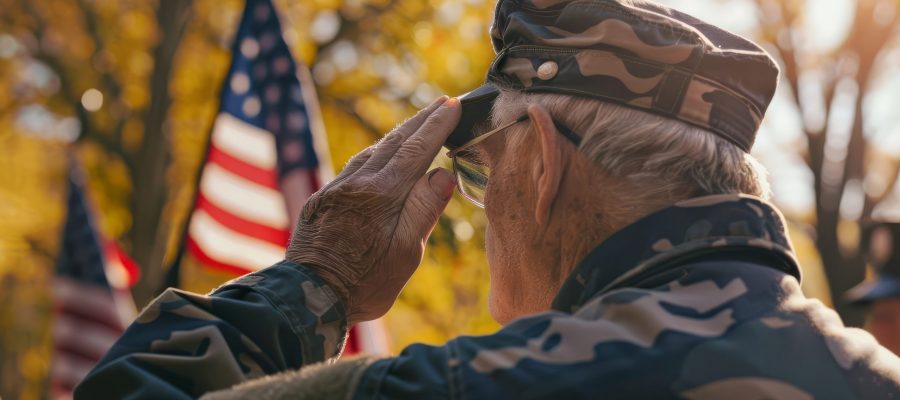Thursday, April 16, 2015 is National Healthcare Decisions Day, a day to think about and share your end of life wishes with the important people in your life. Advance directives are those legal documents that spell out your wishes for end-of-life care, helping to put into words the type of medical care you would want if you were suddenly injured or were too ill to make decisions for yourself. While these conversations are often difficult, having them before a crisis means that decisions are made with clear heads, not with the emotions that a sudden illness or trauma can bring. The more people who know what your wishes are, and whom you trust to make those decisions for you, the more likely it is that they will be carried out if the need should arise.
Advance directives generally involve up to two documents: a living will, and/or a health care proxy. In New York State, unless the living will specifically names a proxy to act as your health care agent, a living will is extremely limiting, so for this blog we will discuss the health care proxy form only, which does the job of both the living will and the health care proxy.
The health care proxy document allows you to name your health care agent(s), as well as accept or refuse medical care based on a specific set of circumstances. In addition, you can make decisions about:
- The use of dialysis and breathing machines
- Your wishes about being resuscitated if your breathing or heartbeat stops
- Tube feeding
- Organ or tissue donation
A great resource for information is the National Healthcare Decision Day website www.nhdd.org. Forms can be found on the Department of Health website http://www.health.ny.gov/forms/doh-1430.pdf.
I like to suggest that every adult over the age of 18 should complete their Advance Directives. Once a child is old enough to go away to college, he or she should have the privilege to choose who their proxy should be, and have a discussion with him or her about their beliefs and wishes at end of life. It is also vital that you revisit these documents from time to time, and update them as necessary. You can always name a new proxy, and update your wishes.
Another important tip: Upon choosing your health care proxy or proxies, at the very minimum, each one should have a copy of the paperwork. In addition, you should have one in an easy-to-locate spot, in case it needs to be accessed quickly, such as the glove compartment of your car and/or a central paperwork location in your home. By having the difficult discussions before a crisis, you can be sure that your wishes are carried out.


